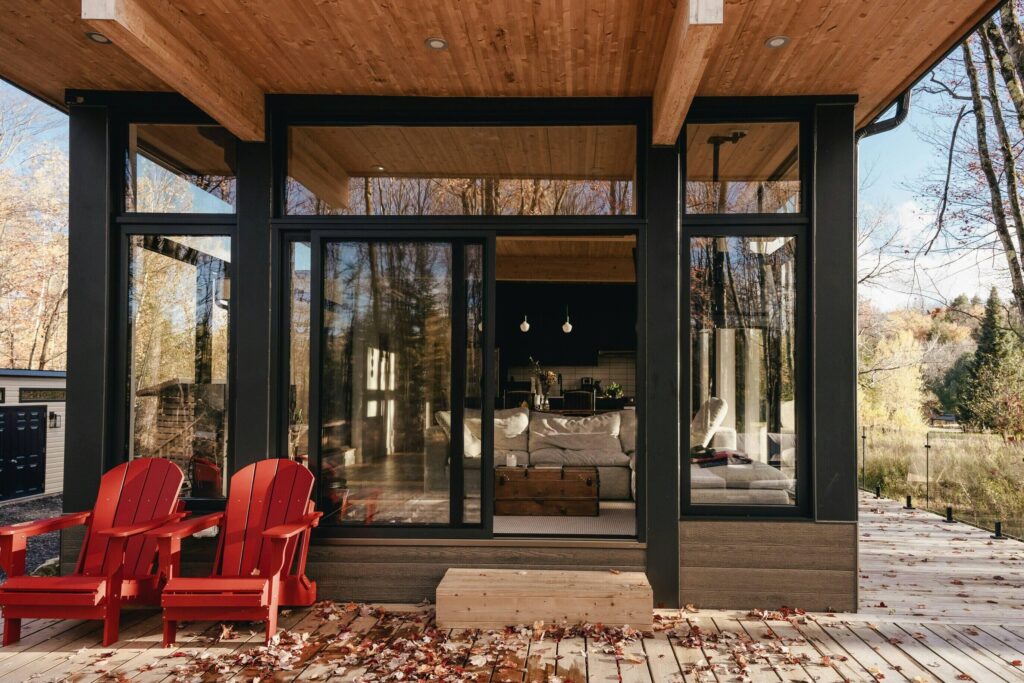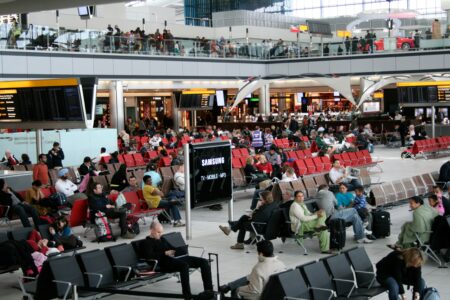- One in four people decide on a holiday rental in under 10 seconds, with 19% rejecting listings faster than dating profiles
- Living rooms shape first impressions, with clutter, wall décor, and patterned carpets proving major turn-offs
- Nearly two thirds of homeowners have never listed their property due to concerns about clutter and lack of appeal
- Booking.com’s interior design partner shares practical guidance to help homes become rental-ready
UK travellers make rapid decisions when booking holiday accommodation. New research from Booking.com shows that 25% of people decide whether a holiday rental suits them in less than 10 seconds.
The findings underline how tough these decisions can be. Almost one in five people, or 19%, say they dismiss holiday rentals faster than they swipe through dating apps, suggesting homes face instant judgement.
While travellers judge listings quickly, homeowners appear even more critical of their own spaces. Around 22% feel embarrassed by their décor, and 28% think their homes look outdated. As a result, 63% have never considered renting out their property because they believe it is not “rent ready”, leaving potential income unrealised.
Concerns focus on presentation. About 41% worry their homes feel too cluttered or personal, while 38% believe they lack the ‘wow factor’ needed to attract guests. In contrast, travellers value comfort and function. Nearly half say they are more likely to book homes with heated towel rails and high-quality bedding, as well as clear, uncluttered rooms. Charging points, blackout blinds, and coffee machines also rank highly, showing that practical details matter more than bold design choices.
The living room stands out as the most influential space. Just over a quarter of travellers rate it as the most important room, with excessive knick-knacks, cluttered walls, and busy floral carpets listed as key reasons to reject a property.
Outdoor areas also influence booking decisions. Features such as greenery, seating areas, and hot tubs appeal strongly, helping create a sense of escape.
To support homeowners, Booking.com has partnered with holiday rental interior designer Amy Durn to share advice on preparing homes for guests in the new year.
Amy Durn, Booking.com’s Interior Design Partner, says “You don’t need a full renovation to turn a home into a desirable holiday rental. A few intentional design choices, the right colour palette, layered textures and thoughtful lighting can completely change how a space feels and photographs.
“Guests form an opinion within seconds, and small styling upgrades often have a bigger impact than big, expensive changes. It’s about presenting a home that feels easy to imagine staying in.”
Practical advice for turning a home into a holiday rental
- Amy recommends improving bedding to set expectations from the start. Crisp white sheets, matching pillows, and layered textures help create a hotel-style feel. Simple upgrades such as mattress toppers and breathable cotton bedding often deliver strong results at lower cost than replacing furniture.
- She also advises editing interiors rather than filling them. Removing visual clutter and using fewer, larger items can make rooms feel calmer and clearer, which improves both in-person impressions and listing photos.
- Adding one clear design feature can help a home stand out. A single visual detail can make a property memorable without overwhelming the space.
- Reworking furniture layouts can improve flow and comfort. Clear walkways and purposeful seating help rooms feel larger and easier to use.
- Amy stresses that guests focus on comfort and sleep over trends. Blackout curtains, good pillows, accessible sockets, hooks, lighting, and storage help guests feel prepared. Homes that meet these needs tend to receive stronger reviews.
Top 10 living room décor features that put off guests
- Taxidermy or animal heads
- Excessive knick-knacks and ornaments
- Cluttered walls with signs or mixed frames
- Busy 80s or 90s geometric or floral carpets
- Glittery or diamante cushions and décor
- Fake houseplants
- Heavy, dark curtains
- Lace curtains
- Sticker wall art with quotes or symbols
- ‘Live, laugh, love’ artwork











